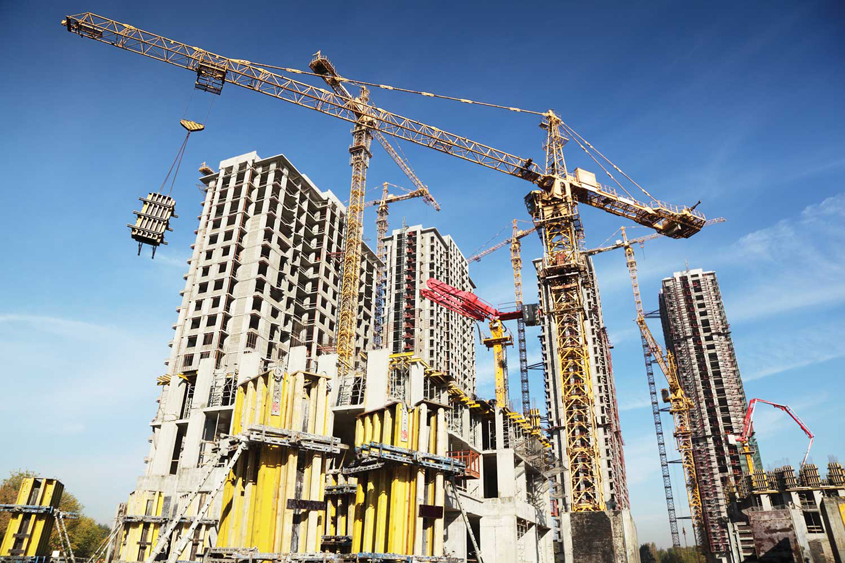While Punjab has recorded a maximum delay of 48 months in real estate projects, Telangana has recorded delay of 45 months, followed by West Bengal, Odisha and Haryana (44 months), according to a fresh study conducted by trade and industry body Assocham.
There were as many as 3,511 live projects worth over Rs 14.5 lakh crore, in the real estate sector as in December 2016, out of which 2,304 projects were under implementation. Out of them, as many as 886 projects recorded significant delays. This included 826 housing projects and 60 commercial projects, according to the study which suggests that public and the private sector projects have almost similar kind of delays — 39 months — though the sector is largely dominated by private players.
According to the study, states like Madhya Pradesh, Andhra Pradesh and Uttar Pradesh have recorded 42 months of delay, while Maharashtra witnessed a delay of 39 months. Karnataka, on the other hand, recorded a delay of 31 months. Rajasthan and Kerala have recorded delay equal to Karnataka followed by Gujarat and Tamil Nadu.
Among the major states where real estate projects are on, Maharashtra has 24.5% of the total investments in the sector, followed by UP (13.4%), Gujarat (12.8%). States like Uttarakhand, Chhattisgarh, Bihar, Jharkhand, Assam and Himachal Pradesh have almost negligible investments. Therefore, 90% of real estate investments are concentrated in about 10 states.
The study suggests that over 70% of construction and real estate investment projects in India are non-starters (under implementation rate) since 2013. Among the major states, West Bengal recorded the highest under-implementation rate followed by UP and Punjab.
Real estate investment growth has shown a downward trend during 2010 to 2016, according to the study. The growth rate was highest (13.5%) in 2010. A sharp downfall was recorded in 2011, 2012 and 2013 with growth rate of 6.3%, 0.7% and – 7.6%. After reaching its lowest growth in 2013, it recorded a positive growth rate of 2.6% in 2014. But again, it failed to maintain its growth rate momentum and again recorded a negative growth rate of 1.6% in 2015. In 2016, investments recorded a positive growth rate of 2.5%.
Assocham secretary general D.S. Rawat said now that the Reserve Bank of India has allowed banks to invest in Real Estate Investment Trusts, the sector is likely to see a revival of investments. “This move is likely to improve consumer confidence, which in turn will brighten up the sector,” he said.

